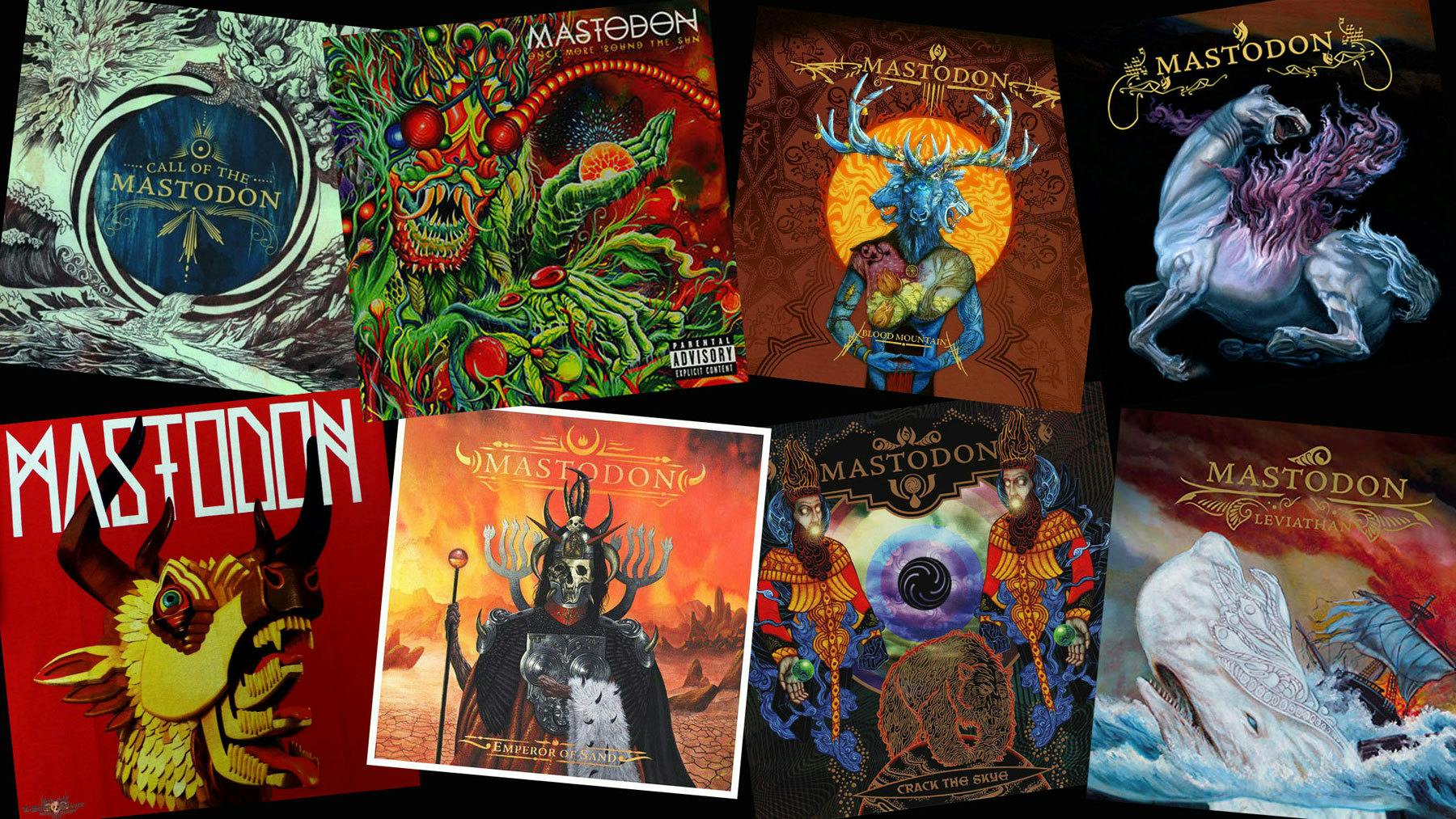Twenty years they roared out from the muggy depths of the Atlantan underground and on to worldwide acclaim, few acts can match Mastodon.
Four distinct individuals – icons on stage, relative enigmas off it – bound together by electric chemistry, bulldozer drive and a shared vision of how they want to honour heavy music’s past while shaping its future. They’re the closest post-Millennial metal has come – in terms of bone-shattering force, breathtaking invention and consistent quality – to providing a worthy heir to the genre’s fading greats.
In that regard, each chapter in their ever-expanding repertoire is a victory deserving of celebration. We thought we’d chart the shifting gradients of their inexorable rise. Indeed, every stomping battle-cry, every thrilling swerve and every bemusing spiral into widdly weirdness is worthy of your undivided attention – just some more so than others…
